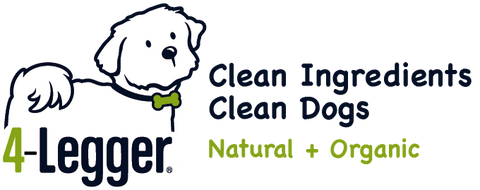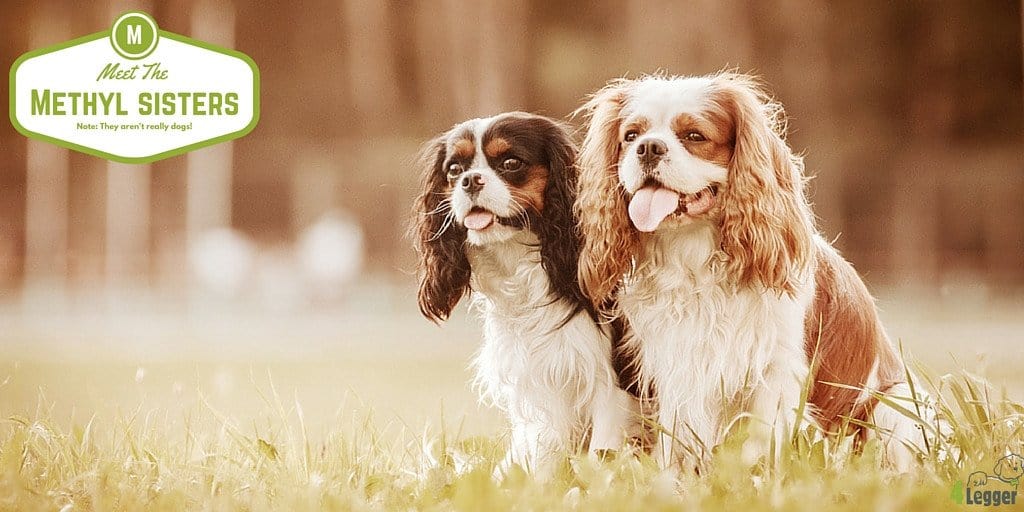Meet the Methyl Sisters: Dog Shampoo Preservatives in So Called All Natural Shampoo
Who wants mold, fungi and bacteria growing in their dog's shampoo? Besides being gross, It isn't safe!
The more important question is: What price in terms of health and safety are you willing to pay to keep these microorganisms out?
Our focus is on two preservatives with really long names: Methylisothiazolinone (MIT or MI) and Methylchloroisothiazolinone (MCI).
Given their long names, we often refer to them as the "Methyl Sisters". For some reason it makes sense to us as they are usually found together on ingredient labels!
MIT and MCI are synthetic preservatives within the chemical group called isothiazolinones.
Isothiazolinones are "biocides" meaning they are used to control the growth of bacteria, fungi, and algae. You will commonly see MIT and MCI in water cooling systems, paint, wood preservation, non-alcohol anti-bacterial hand sanitizer, and anti-bacterial wipes as they are very effective at what they do.
The US production of MIT began in about 1998. Early on these preservatives were lauded for their effectiveness. In light of recent safety studies, they are now being phased out of many products - especially those that have contact with skin. Canada, Japan, the European Scientific Committee on Consumer Safety, and Germany's Federal Institute for Risk Assessment have all restricted or banned MIT and MCI for use in human cosmetics and other products.
Why aren't MIT and MCI banned in dog grooming products? Well, there are no regulations for safety and security of pet grooming products. So, you have to be the watch dog!
Methylisothiazolinone (MIT) is thought to be slightly more toxic than MCI. Studies have revealed that not only is MIT associated with allergic reactions and skin irritation issues, it is also a neurotoxin. Meaning, it can cause damage to the nervous system. MIT is also a classified ecotoxin - it does damage to the environment.
Methylchloroisothiazolinone (MCI) has also been associated with allergic reactions and skin irritation. There is also mounting evidence to classify MCI as a possible mutagen (meaning it has links to cancer). And, like MIT, it is a known ecotoxin - washing it down the drain can impact the health and safety of wildlife even after it passes through a water treatment facility.
While MIT and MCI pose real risks for use, the elephant in the room is of course that these are relatively new synthetic preservatives with no long term health studies. Twenty years is not a long time to determine linkages between ingredients and health related issues. Yet, within the 20 years of use linkages have been made to allergic reactions, skin irritation, neurotoxicity, and cancer.
We've used the word "synthetic" to make it very clear that these are not natural ingredients. They do not exist in nature but are synthesized through chemical reactions in a manufacturing facility. If you see these preservatives on dog grooming products that also make the claim "all natural" - that product is being greenwashed.
Greenwashing = marketing a product as "all natural" to make it sound like a safe non-toxic and all natural product when it is not.
4-Legger's natural dog shampoos use rosemary extract, a naturally extracted powerful antioxidant, to serve as a preservative. It is safe, non-toxic, and has been used for hundreds of years!





